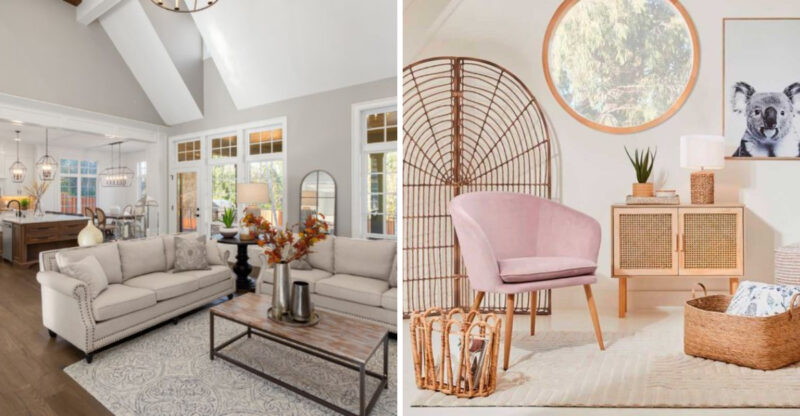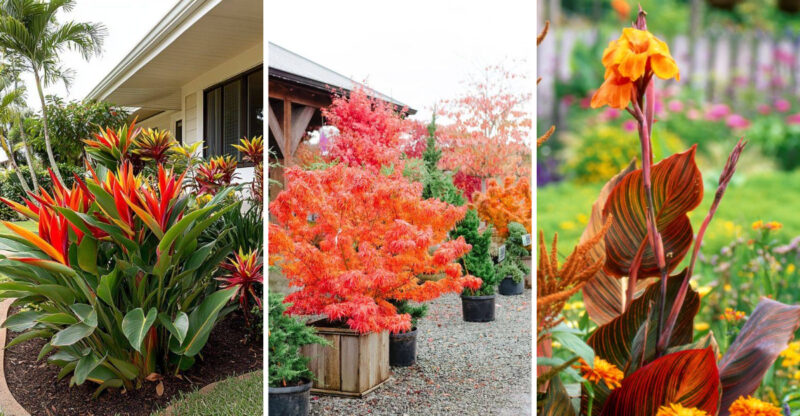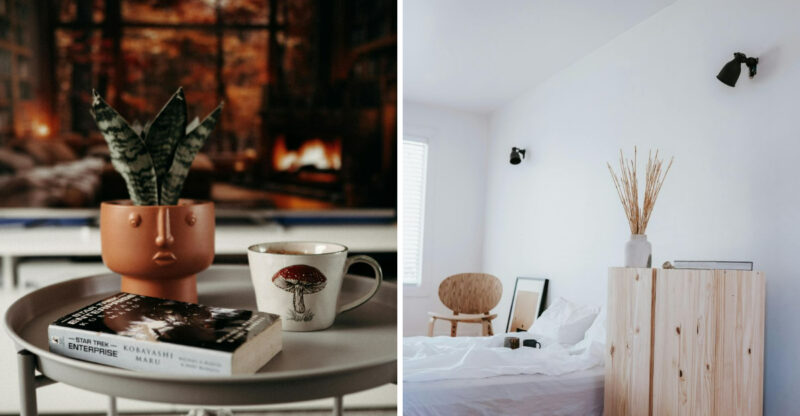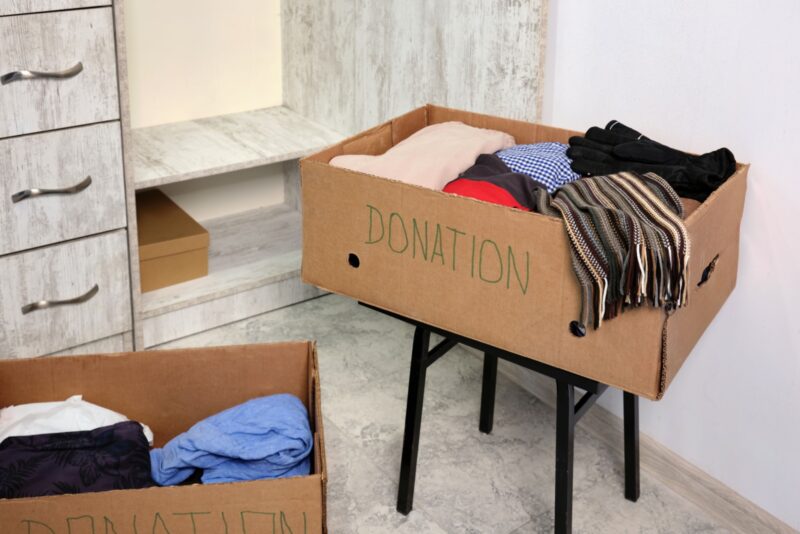Things That Might Make Guests See A Home As Less Welcoming
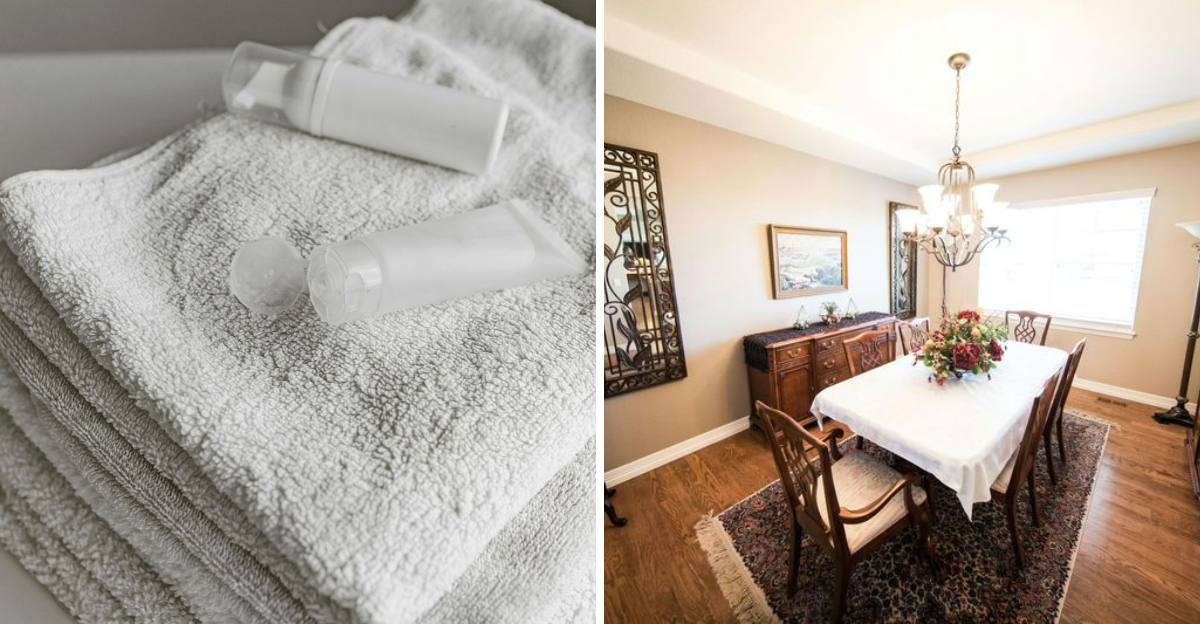
Walking into a home should feel welcoming, not cold or uninviting. First impressions matter, especially when entertaining friends, family, or new visitors. Sometimes, small design choices can unintentionally make a space feel less approachable.
Here’s a look at common household elements that might be giving the wrong impression. The ideas in this article are general guidance, results may vary depending on layout, décor, and personal style.
1. Overwhelming Pet Odors
Living with pets can dull our sense of smell over time. What you consider normal might hit visitors like a wall of funk when they walk through your door. Regular cleaning routines often miss the deep-set odors in carpets and furniture.
Consider asking a trusted friend for an honest opinion about how your home smells. Air purifiers, regular deep cleaning, and keeping pet areas spotless can make a world of difference for your human guests.
2. Cluttered Entryways
First impressions form within seconds. A jumble of shoes, coats, bags, and mail piled near your entrance creates immediate anxiety for visitors. They might worry about where to put their belongings or feel they’re intruding on your personal chaos.
Creating a designated storage system doesn’t require fancy renovations. Simple hooks, a small bench, and baskets can transform your entryway from stressful to serene, giving guests a clean slate experience from the moment they arrive.
3. No Clear Place to Sit
Imagine entering a living room where every seating surface is covered with laundry, papers, or decorative pillows. Your guests shouldn’t have to wonder if they’re allowed to move things to sit down.
Rooms designed for entertaining need obvious, available seating. Even in small spaces, prioritizing a clear spot for visitors signals they belong there. Remove excess items from couches and chairs before company arrives, creating an unspoken invitation to relax and stay awhile.
4. Extreme Temperatures
A freezing cold or swelteringly hot home makes guests physically uncomfortable, no matter how beautiful your decor might be. Temperature sensitivity varies widely between people, and what feels perfect to you might be unbearable for others.
Keep throw blankets accessible in cooler months and ensure good air circulation during warmer seasons. Consider adjusting your thermostat slightly before guests arrive. Physical comfort forms the foundation of a welcoming environment, even before any conversation begins.
5. Poor Lighting Conditions
Dim, harsh, or inconsistent lighting creates a subconsciously unwelcoming atmosphere. Too dark, and your home feels gloomy or even slightly creepy, too bright, and it resembles an interrogation room rather than a living space.
Layered lighting using a mix of overhead fixtures, table lamps, and ambient options allows flexibility. Natural light during daytime hours creates an instant mood boost. When evening falls, warm-toned bulbs at moderate brightness levels help guests feel relaxed yet able to comfortably see their surroundings.
6. Lack of Basic Amenities
Ever visited someone’s home and found yourself desperately searching for toilet paper, hand soap, or a clean towel? These missing essentials can create awkward moments where guests must choose between uncomfortable silence or embarrassing questions.
Stock bathrooms with visible supplies and ensure kitchen basics are available. A simple water offering upon arrival acknowledges basic human needs. These small courtesies signal thoughtfulness and preparation, making guests feel their comfort was considered before they even arrived.
7. Visible Dirt or Grime
Fingerprints on glass surfaces, toothpaste splatters on bathroom mirrors, or sticky spots on kitchen counters send unconscious signals about overall cleanliness. Guests might worry about what other unseen dirt exists throughout your home.
Focus cleaning efforts on high-touch surfaces and areas where food is prepared or consumed. A quick wipe-down of visible surfaces takes minimal time but dramatically improves impressions. Even homes with lived-in charm benefit from basic cleanliness in spaces guests will encounter.



